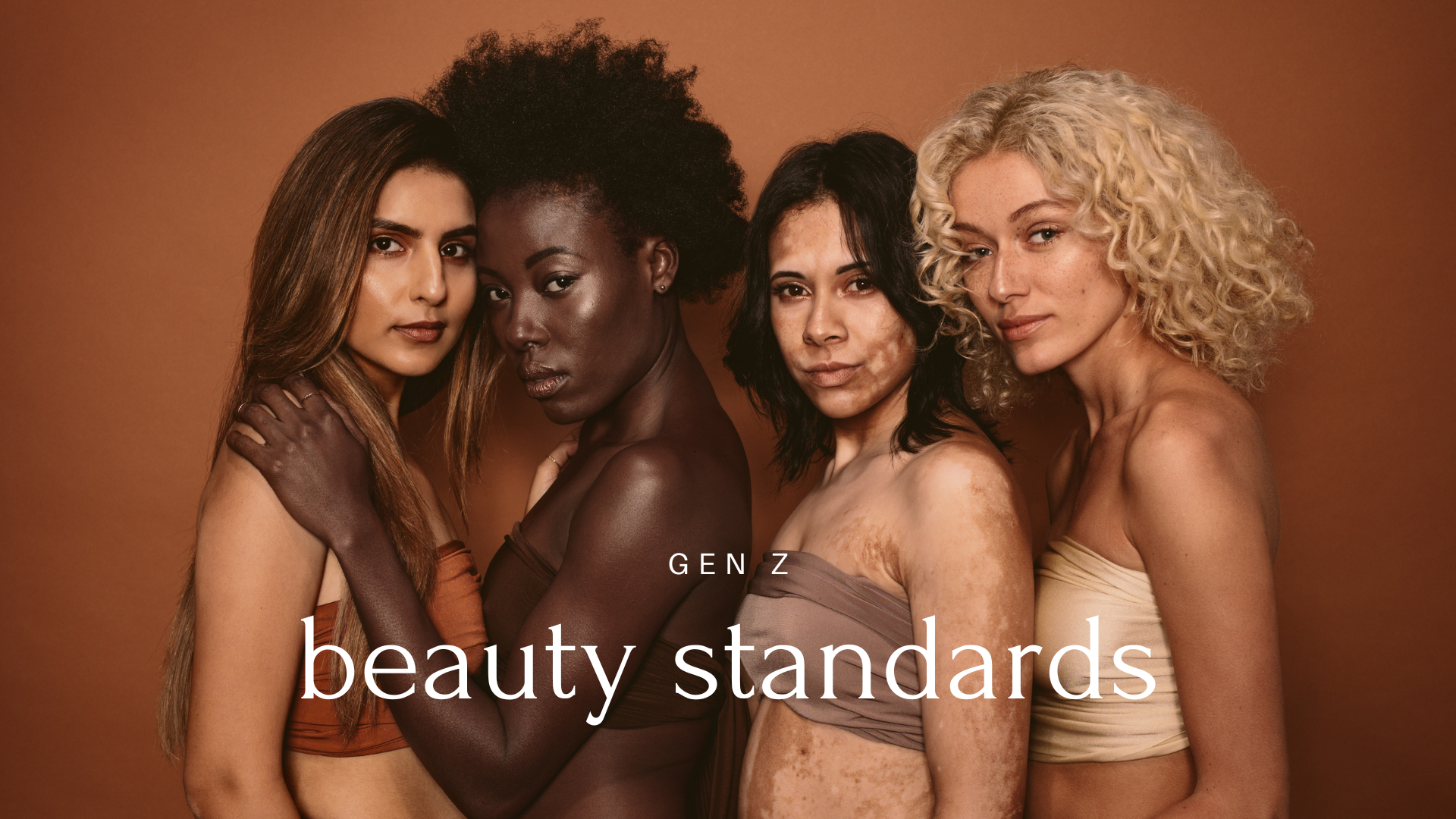
During the pandemic, 38% of women aged 16-24 altered their beauty and grooming routines, according to a 2022 Mintel study. This shift has been influenced by various factors, including economic hardships and evolving beauty standards. Additionally, disparities persist within the influencer marketing industry, where white influencers earn on average 50% more than their black, Asian, and minority ethnic counterparts.
Makeup sales have seen a 19% decline since 2019, partly due to the pandemic, as reported by market research company Kantar. Despite this downturn, beauty retail has remained relatively stable in 2023. Mintel notes that grooming is viewed as an “affordable luxury” during economic hardships, helping the industry to maintain its footing.
The global influencer marketing industry was valued at $21.1 billion in 2023, according to Forbes. Spending on influencer marketing is expected to surpass advertising spending on all other platforms. The hashtag #highmaintenancetobelowmaintenance has garnered over 70 million views on TikTok, indicating a growing trend towards simpler beauty routines.
Health risks associated with beauty practices are also a concern. Using tanning beds significantly increases the risk of melanoma, a deadly disease. Nifemi Kesinro, a 23-year-old student experience officer, is among those who have ceased using tanning beds due to financial and health risks. Despite these dangers, tanning salons still operate, and some individuals continue to frequent them.
The concept of “beauty maintenance days” has gained popularity online, particularly on platforms like TikTok. Although often attributed to Coco Chanel, the idea is more about self-care and relaxation than merely enhancing one’s appearance. “It’s about the experience,” says Charlie Shepherd. “It’s a social activity, a confidence booster, and something I do completely for myself.”
Hazel Wood notes the pressure to conform to beauty standards perpetuated by social media. “I think the problem with lip filler is, once you start, you don’t realise how big they’ve gone. You have more and more,” she says. “There’s a lot of pressure online because we see everyone having it done, and then you assume that your face isn’t normal because you don’t look like that.”
Heather Widdows explains that society equates looking better with improved life outcomes. “People think looking better means you will have a better life. We’ve bought into the ideal that this will mean better relationships and a better job, so it’s become a dominant value for people,” she says.
For many in Gen Z, skincare knowledge is second nature. They grew up watching skincare tutorials on YouTube and are well-versed in the importance of SPF. However, the irony remains that makeup is often preferred when it appears as though none is worn at all.
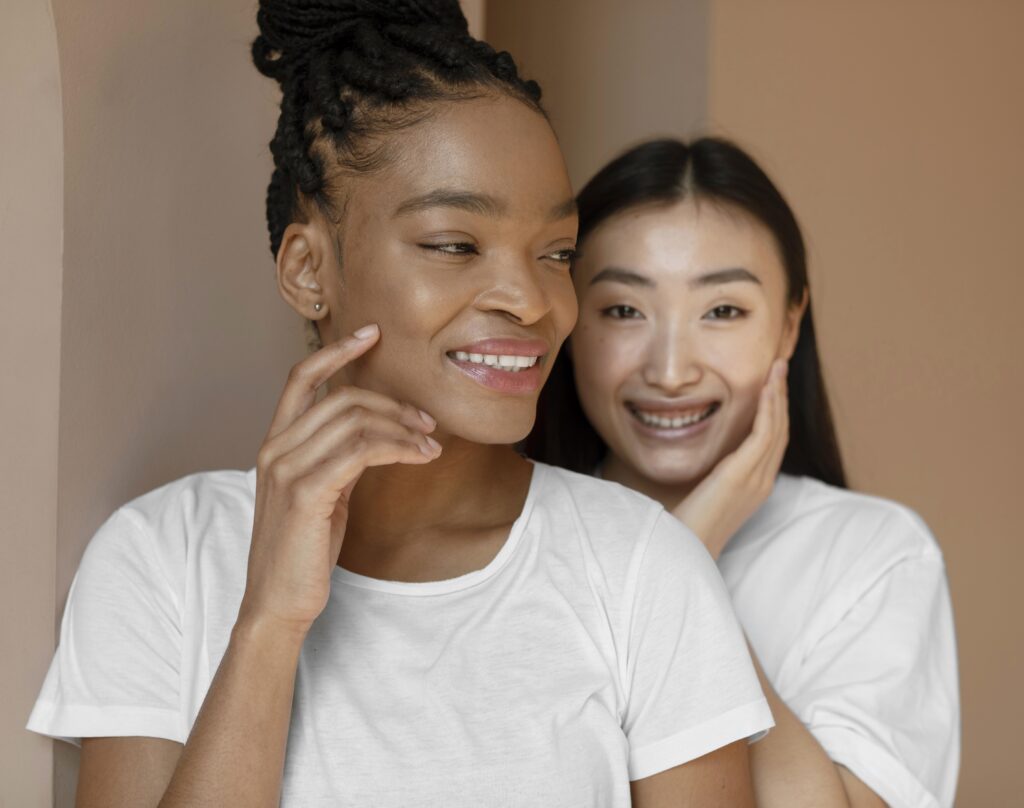
Hazel Wood adds that her beauty routine impacts her confidence and productivity. “It makes me feel as if I’m showing up as my best self. When I don’t feel I’ve made myself look very nice, I struggle to feel confident and productive, and I also have a hard time interacting with people.”
Despite these pressures, Wood emphasizes that extensive beauty treatments aren’t necessary to be beautiful but acknowledges their positive impact on her life. “That’s not to say you need all these things done to be beautiful,” she adds. “But for her, getting all these things done makes me feel more capable in both my personal and professional life.”
As the beauty industry evolves, it reflects broader societal changes and individual choices shaped by economic, social, and health considerations. Whether through influencer marketing or personal grooming routines, the pursuit of beauty continues to influence many aspects of modern life.
Featured Image made on Canva
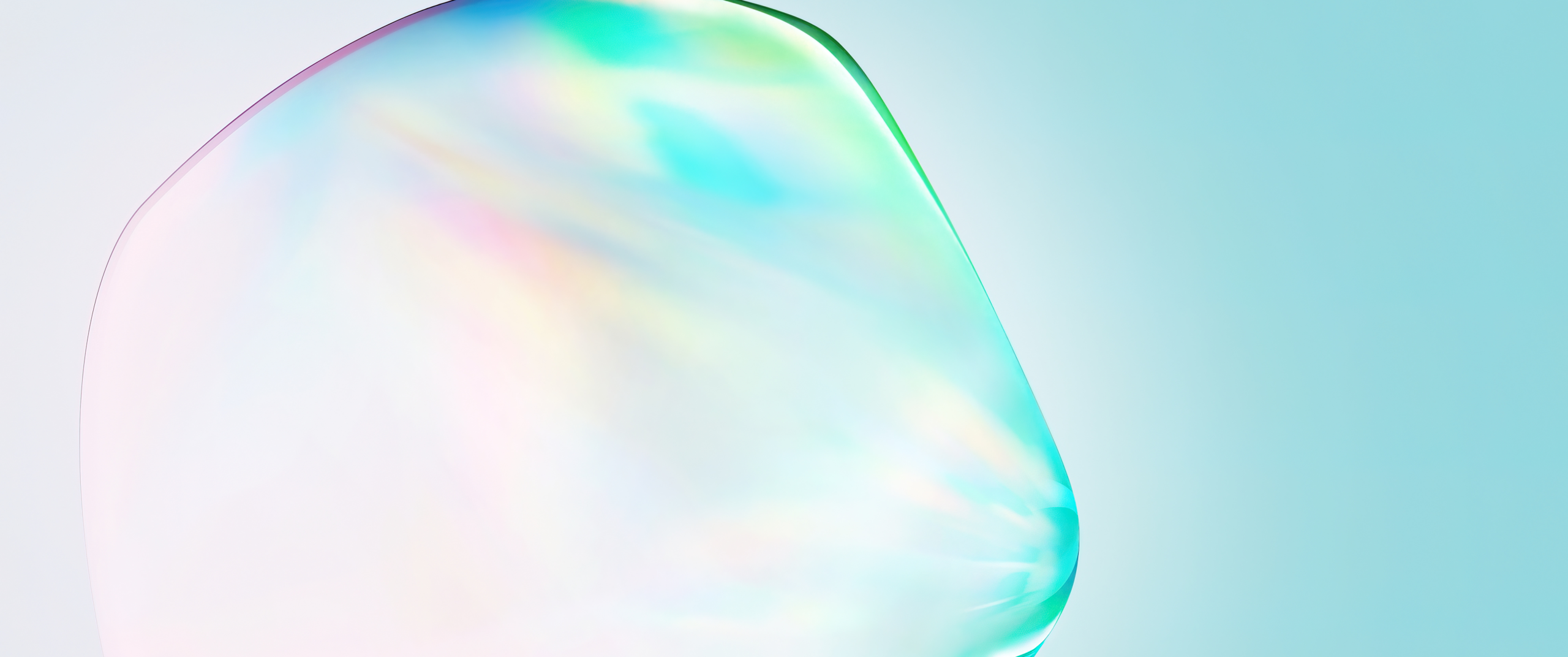

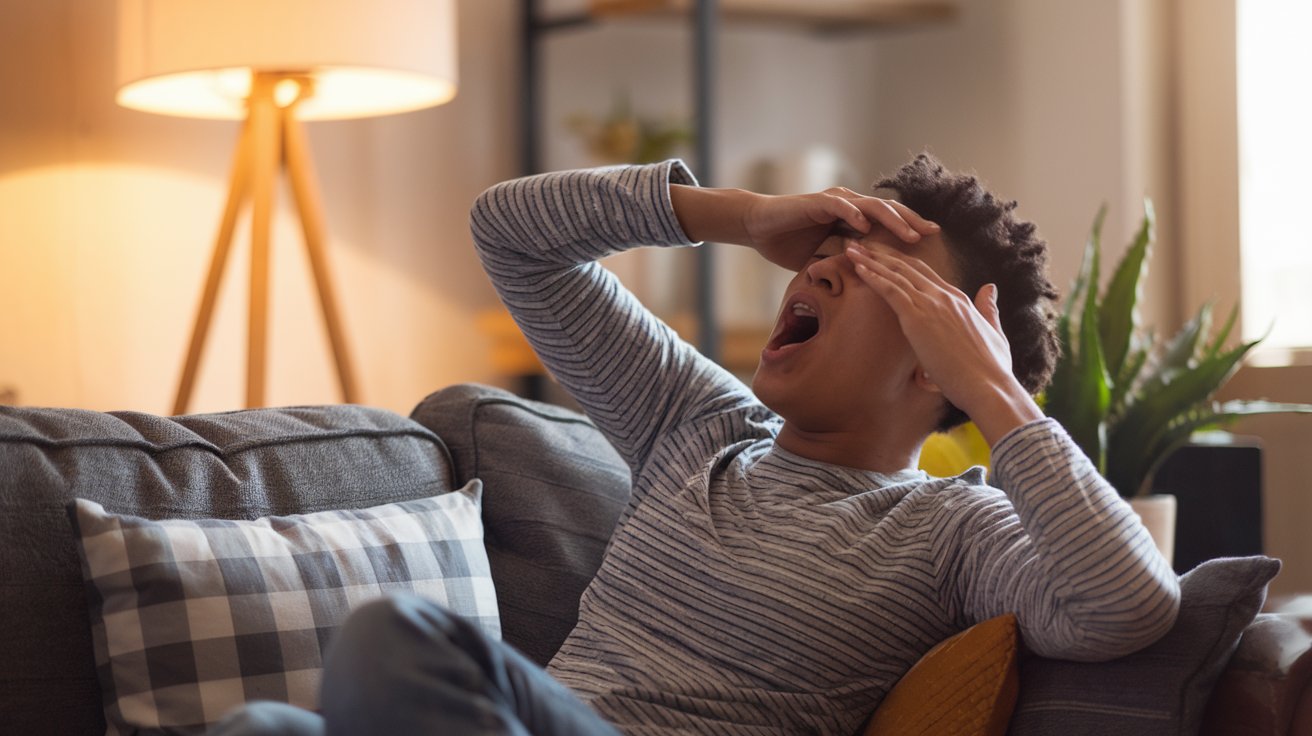
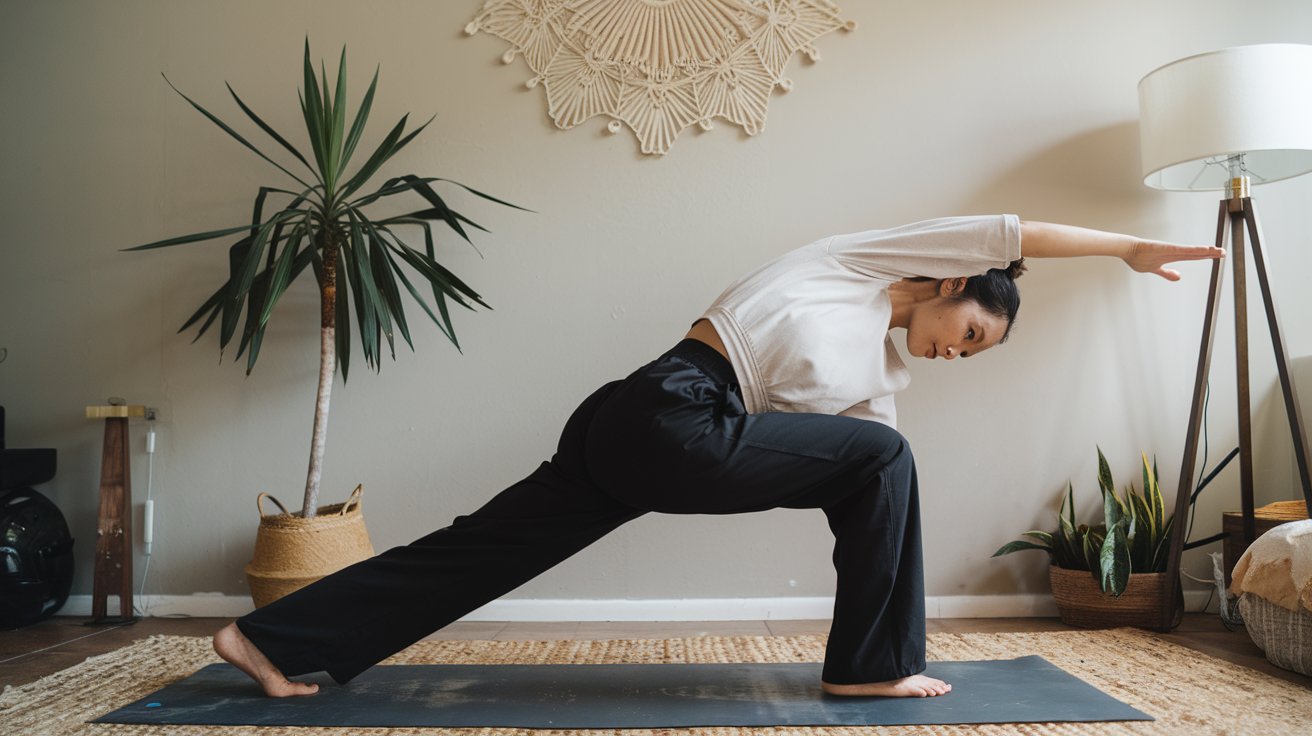
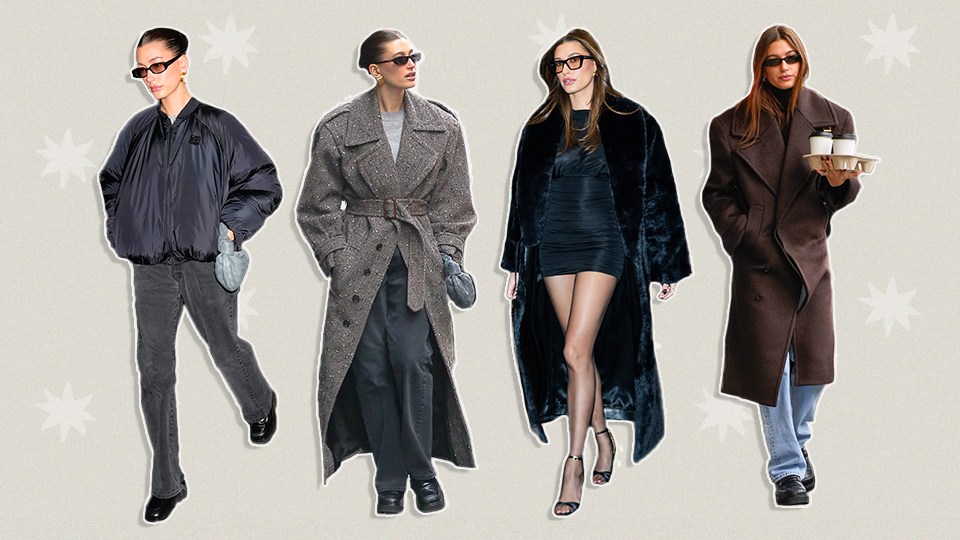
Leave a Reply